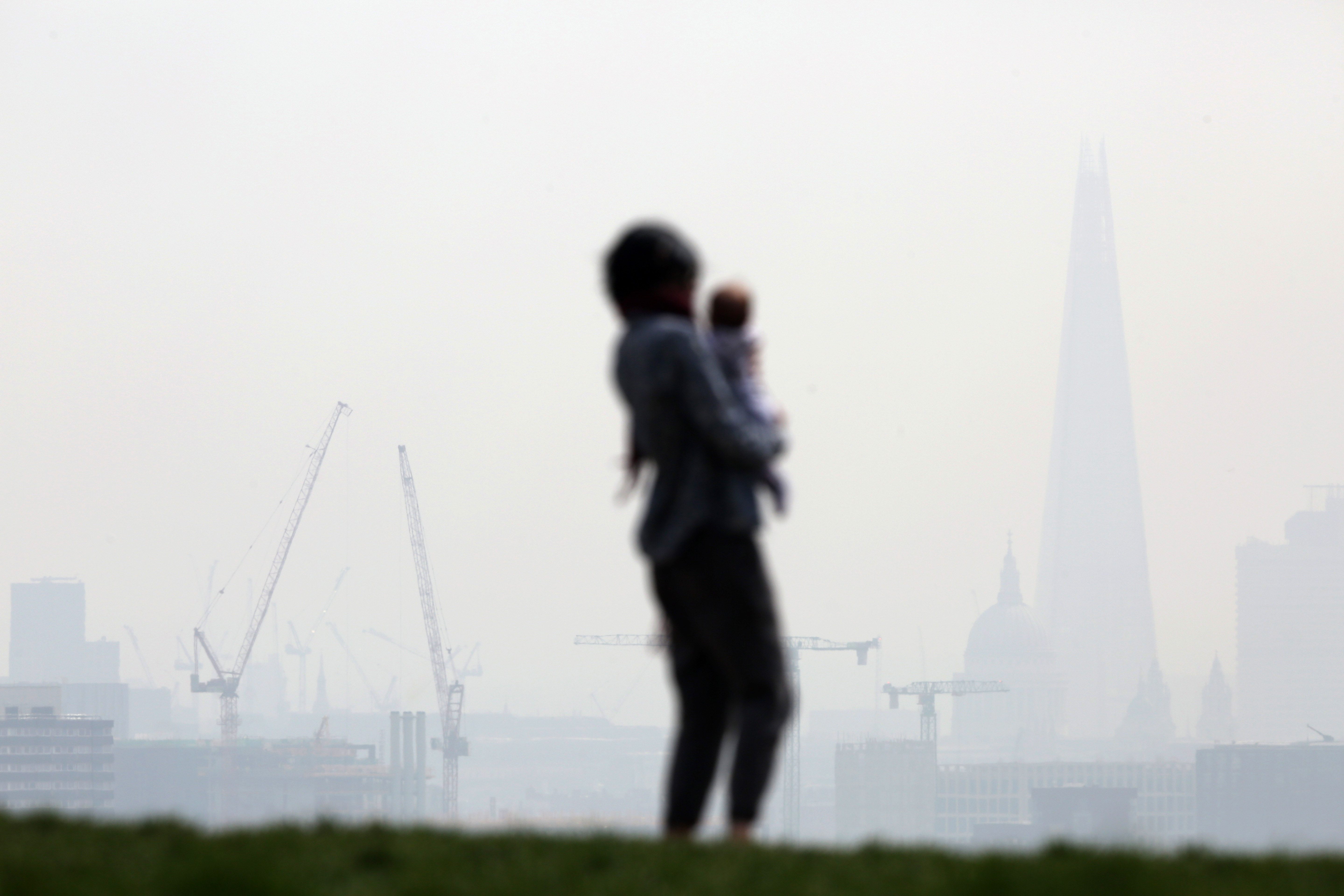Comment: Toxic air pollution is killing thousands of us — Theresa May must act fast

This article was first published in the Guardian
The verdict is in and the government is guilty. In a landmark ruling, the high court has ruled that the plans to cut fatal air pollution are not only inadequate, but also illegal.
To anyone who has seen these plans, the verdict is not surprising.
“If there was a toxin in our water system that we knew was killing thousands of people every year, the government would be coordinating Cobra meetings every day,” Matthew Pennycook, the Labour MP for Greenwich and chair of parliament’s cross-party group on air pollution, said after this morning’s ruling.
But when it comes to the fatal toxins in our air, the government has not been coordinating any emergency meetings. It has been moving at a snail’s pace.
Air pollution is a known killer. The UK has been in breach of legal limits on nitrogen dioxide (NO2) for years. The government’s own reports show air pollution is causing 40-50,000 deaths every year, by exacerbating respiratory illnesses, heart disease and asthma. New evidence suggests it is not only finding its way into our lungs, but into our brains too, where it may bring about the premature onset of Alzheimer’s disease.
In the words of MPs from all parties, we are facing a public health crisis.
Theresa May has pledged that she will fight the “burning injustices” that entrench social inequality and blight the life chances of children from working-class families. She says that many in Westminster “don’t know what it’s like to live like this and need to be told that what the government does isn’t a game”.
But perhaps the prime minister is among them.
Children know that air pollution is not a game because they are substantially more vulnerable to toxins in the air, which permanently stunt the development of their lungs. So too are people from ethnic minority backgrounds, those living in areas of higher levels of deprivation, the elderly and those with chronic health conditions. In short, they are the most vulnerable people in our society.
Yet still, the apathy persists.
It has now been more than a year since the Volkswagen scandal broke, when a major car manufacturer was revealed to have been covering up air pollution through criminal activity. In the US, VW has agreed to pay $15.3bn to compensate consumers and mitigate some of the damage it has done to the environment. In the UK the government has failed to take legal action or compensate consumers – all while lobbying at an EU level to water down regulations that would encourage the car industry to change.
Indeed, the only reason the government has an air quality plan at all is because the supreme court ordered it to draw one up 18 months ago.
So what now?
Speaking at prime minister’s questions, May promised that the government did not “doubt the importance of the issue” and would look again at the proposals. She is right, it will – because it will have to. It now has one week to negotiate with the NGO ClientEarth, which emerged victorious from the high court this morning. It will be forced to scrap its current air quality plan, which called for clean air zones in just five cities, and backed the mayor’s plans in London, but did not mandate change in major cities such as Manchester and industrial hot spots such as Port Talbot.
Any new plan is likely to implement clean air zones in many more cities and could mean that diesel cars will face charges in many city centres. But the government should ensure local authorities have proper resources to implement the zones.
It is also likely the government will have to redo the flawed modelling on which its current plans are based, which fail to properly take into account the vast discrepancy between tests in the laboratory and tests on the road.
But even this is likely to be inadequate. Road transport is the number one contributor to NO2 pollution and diesel is the main culprit. Yet we currently have a tax system that incentivises consumers to purchase diesel cars, which currently make up close to half of the nation’s fleet.
Research published today suggests that for central London to become compliant, the proportion of diesel cars on the road would need to be as low as 5%. The sale of diesel cars must end and the government must reform a regulator that hauls in millions from the car industry itself.
But the car industry does not have to be the villain in this story. May has the opportunity to make it the hero and deliver a boost to the government’s shiny new industrial strategy to boot.
Both Norway and the Netherlands understand this – they are striving for an emissions-free industry within the decade. China has announced a boost to its hybrid industry and even Germany, the nation that invented the car, is now mooting a federal proposal for a ban on petrol and diesel by 2030.
Electrics, hybrids and hydrogen are the future of the global car industry. If the UK doesn’t move fast by delivering the incentives and infrastructure required to clean it up, we will get left behind. If the prime minister realises this opportunity, perhaps then she might really start to play the game.

